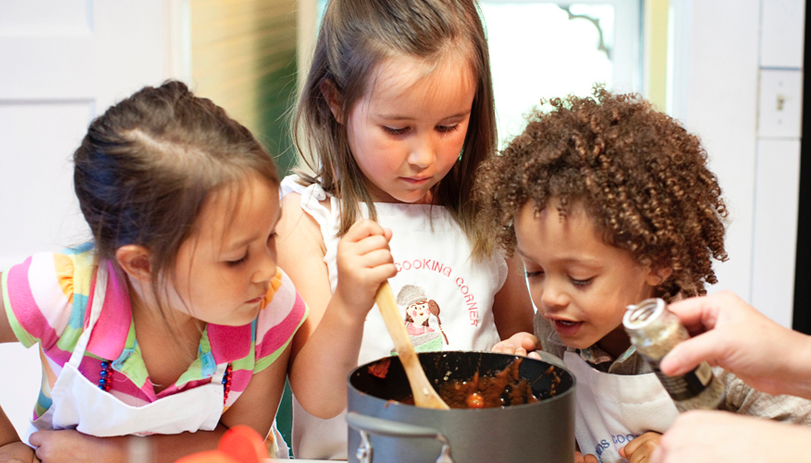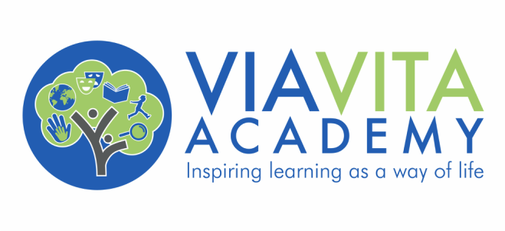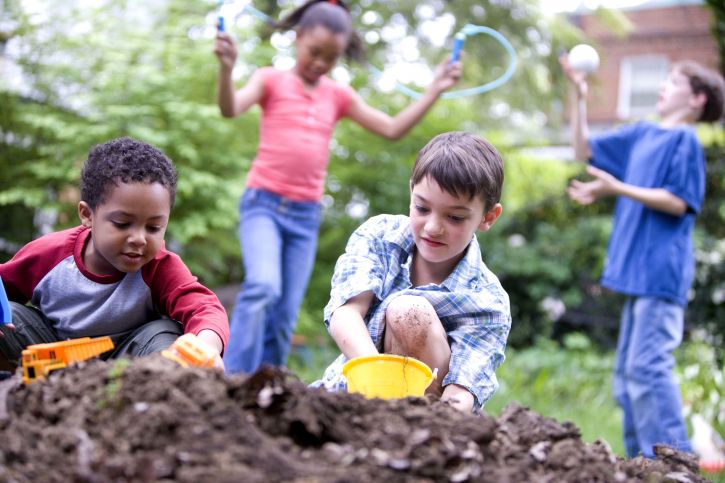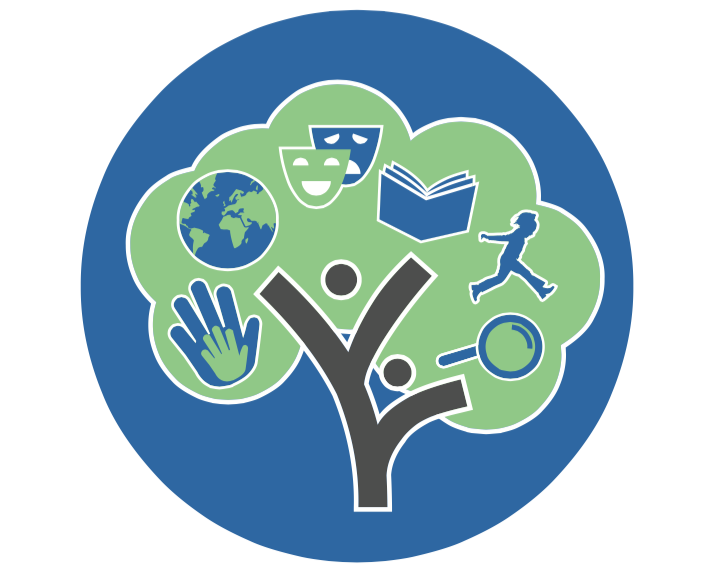 Roots of life-long learning begin as early as Pre-Kindergarten. How a child is encouraged to explore, create, and interact with the world around them can set a foundation for how they view learning as a whole. It is this reason why we understand that the decision to select a pre-school should not be taken lightly. It's a bit overwhelming to think of all of the programs and resources available for the pre-school year. We understand that finding a pre-school for your child that feels right, encompasses your philosophies, works with your expectations, and most importantly, inspires your child to succeed can be a lengthy process. We're hoping, of course, to make that easier on you. Knowing your child is happy, safe, supported, and cared for everyday is a goal we believe all parents strive for, and we are right there with you. We know the importance of a good foundation and for each child to feel empowered, no matter the age. From our experience working with families over the years, we have developed a pre-kindgerten program for four year olds that does just that. We believe a pre-kindergarten program, and any school, should provide the safe and supportive environment each child needs - a place second to home - that believes in developing a child’s self-worth and identity. 6 Key Differences That Make A Pre-Kindergarten Program Stand Out: 1. Life Experiences Hands-on learning - it's the best kind of learning, especially for a child who learns mostly by getting into it, muddy puddles and all. Your child should engage in tangible learning experience that directly connect to their life outside of school and to the themed learning in the classroom, providing them with lasting impressions and applicable experiences. Gardening, cooking, constructing, repairing - the list goes on! Your child should gain confidence in their abilities, learn to try new things, and feel supported and safe to learn about the world around them so that they have a good foundation to set forward into further schooling. You never know what a young child is capable of until they are given the opportunities to try! 2. Keeping Active Moving around, getting silly, using that young vibrant energy, and above all else, learning to fine tune those motor skills. Not only should your child engage in the typical indoor and outdoor playtimes, every day, where they are safely encouraged to use and grow their imaginations, creativity, and natural curiosity, but they should also participate in age-appropriate physical activity classes, every day. These classes should range from sport-specific activities to games and interactive activities that strengthen teamwork, leadership, sportsmanship. At this age, your child's interests are starting to develop and exposing them to a wide range broadens their perspective and builds their individuality. At this crucial age, children should be engaged in experiences that build their physical ability, while teaching them to embrace physical activity into their daily life and to respect and support the abilities of their peers that make each of us unique. When it's bedtime, your child should feel calm and ready for a good, long sleep! 3. Fostering Self-Worth and Self-Esteem A Pre-Kindergarten program focused on the development of each child should pride itself on being community focused and helping children learn from other generations. Your child can benefit greatly from working closely with children and adults of varying ages within the school and community through mentorship and role modelling Doing activities together and among each other on a regular basis builds trust, connectedness, respect for others, varied perspective, self worth and self esteem, and overall improved social development. Benefiting both the young and the old, it boosts positive behaviour as the younger children are guided to learn and grow with and from their older peers. The stories shared around the dinner table or on the ride home about your child’s older peers and how they helped them out will make your heart melt with pride knowing that they are building lasting impressions. 4. Encouraging Creative Minds Children are naturally creative, which inspires their curiosity and their ability to take risks by saying what they think, not afraid yet to be wrong. This should be fostered as long as possible to help strengthen their individuality, self-esteem and creative expression. Your child should feel safe to express their feelings, learning to appreciate and fine tune their creative abilities, while supporting others'. A program that integrates art, music, drama, dance, and creative writing will help your child to connect their own feelings, opinions, and thinking to their learning about the world. It will build a strong foundation for keeping an open mind and always giving something a try, which is especially handy in the years to come as math and language get a bit more detailed! 5. Teaching Methods That Engage We believe a Pre-Kindergarten curriculum should entail a theme-based (or similar) study that enables students to connect their learning and experiences to a common thread of understanding. Lessons should be age-appropriate, stimulating curiosity, engaging enough to hold their focus, and dynamic to meet the varying interests and abilities of each student. Activities should encourage pre-writing and early mathematics, while also exploring creativity, movement, senses and logical reasoning, Teaching in this adaptive way supports each individual child and will have a huge impact on future academic performance and individuality. Building a positive school attitude fosters a love and confidence in learning that is invaluable to future success. At the end of each day, your child should be beaming with pride to show you their new skills and tell you their experiences. 6. Experienced, Dedicated Teachers
We saved the best, and most important, for last. Well, at least we think so! Our teachers are our pride and joy. We know that they truly make all the difference in our school and can inspire greatness in their students. Their knowledge and efforts are invaluable. We believe, no matter the grade, the teacher is key. A Pre-Kindergarten teacher should have the compassion, commitment, and experience that keep the program moving along, keeping each family in the loop, working together and motivating each child to succeed. A Bachelor's Degree in Early Childhood Studies, as well as a Bachelor's Degree in Elementary Education, ensures their understanding of child development, but also the hands-on experience and knowledge to teach it. Years of experience teaching and working with children and families builds the ability to be passionate about teaching, ensuring that each child is heard, appreciated, and valued as an individual. Supported as a professional and treated with respect, a teacher who is recognized for their strengths will be dedicated to the class they are teaching and to the families supporting them. A teacher should be attune to the needs and wants of families and, as all of us believe in upholding here at Via Vita Academy, maintain transparent and open communication with each family about the growth and development of their child. Imagine: never having to wonder how your child is doing and always feeling a sense of confidence that your child’s best interests are the top priority. For more information about Via Vita Academy and our Pre-Kindergarten Program (which offers each of these!) please don't hesitate to contact us! [email protected] or 902.452.1500.
0 Comments
|
Welcome to Our BlogEach post is written by a supportive member of Via Vita Academy, be it a teacher, parent, student, community member, who is invested in the topic of education. Take a read and comment below! Archives
February 2022
Categories
All
|



 RSS Feed
RSS Feed